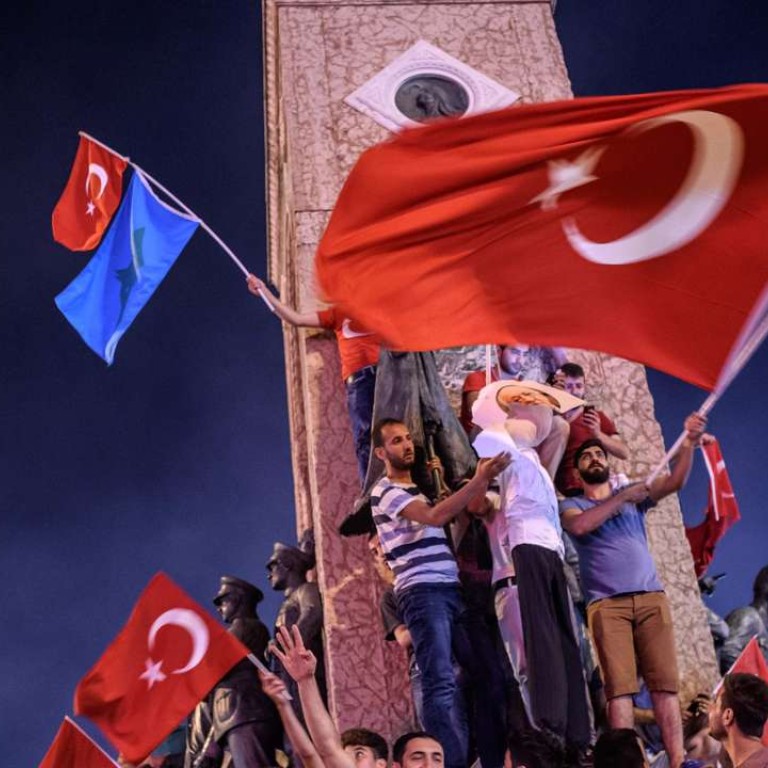
Attempted coup is no excuse for Erdogan to erode freedoms
The nation has been the one hope for stability in an unstable region; a less democratic and more divided Turkey diminishes that possibility
Amilitary coup against an elected government can never be condoned. But nor is a leader’s defeat of the uprising justification to strengthen control and erode freedoms. Turkish President Recep Tayyip Erdogan appears to be doing that after calling on supporters to stop the rebels last week, arresting perceived political opponents, among them thousands of judges and prosecutors. Unless he is transparent about his actions and ensures respect for democratic rights and the rule of law, the consequences for his country and the region could be dire.
Turkey has a vital role in regional security. It is a neighbour of the European Union, a member of Nato and a key element in the fight against the Islamic State extremist group in Syria and Iraq through allowing the US and its allies to use its air bases. Yet Erdogan has blamed his one-time ally and now enemy Fethullah Gulen, a Muslim cleric living in exile in the US, for being behind the coup, and has called on Washington for his return. That is straining relations.

Gulen’s supporters in the police and judiciary have been targeted along with rebels in factions in the army and air force. More than 250 people were killed and those involved have to be brought to justice. But evidence that the plot extended beyond the military has to be presented to ensure transparency. The president is accused of using events as an excuse to further a crackdown on opponents that over the past three years has included tightening controls on the internet and opposition media.
Erdogan has been prime minister and then president since 2003 and seeks to strengthen his grip on power. His ability to put down the coup through mobilising tens of thousands of supporters shows his popularity. But his actions are deepening fractures in society. Factions in the military will make it more difficult to deal with terrorist attacks by IS, battle Kurdish groups in the southeast and maintain a secure border with Syria, all while struggling with more than two million Syrian refugees.
Turkey was once seen as the epitome of a secular, Muslim nation. But Erdogan and his AKP party, its roots in Islamism, have altered that image. That has led to strains with Sunni Muslim governments, while diplomatic failings with Syria and the shooting down of a Russian fighter jet have further damaged foreign relations. The nation has been the one hope for stability in an unstable region. A less democratic and more divided Turkey diminishes that possibility.

